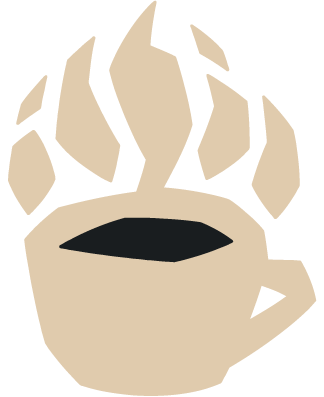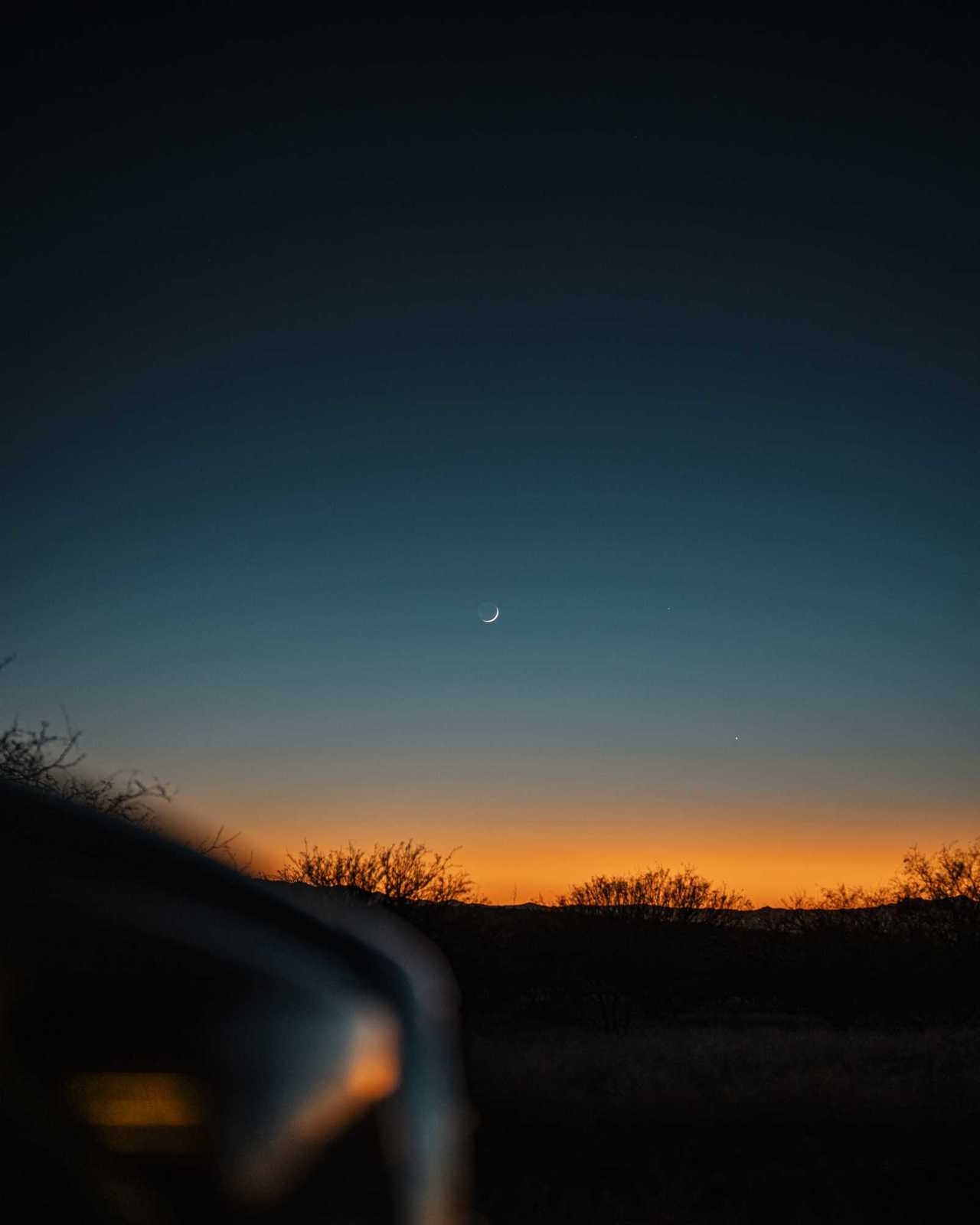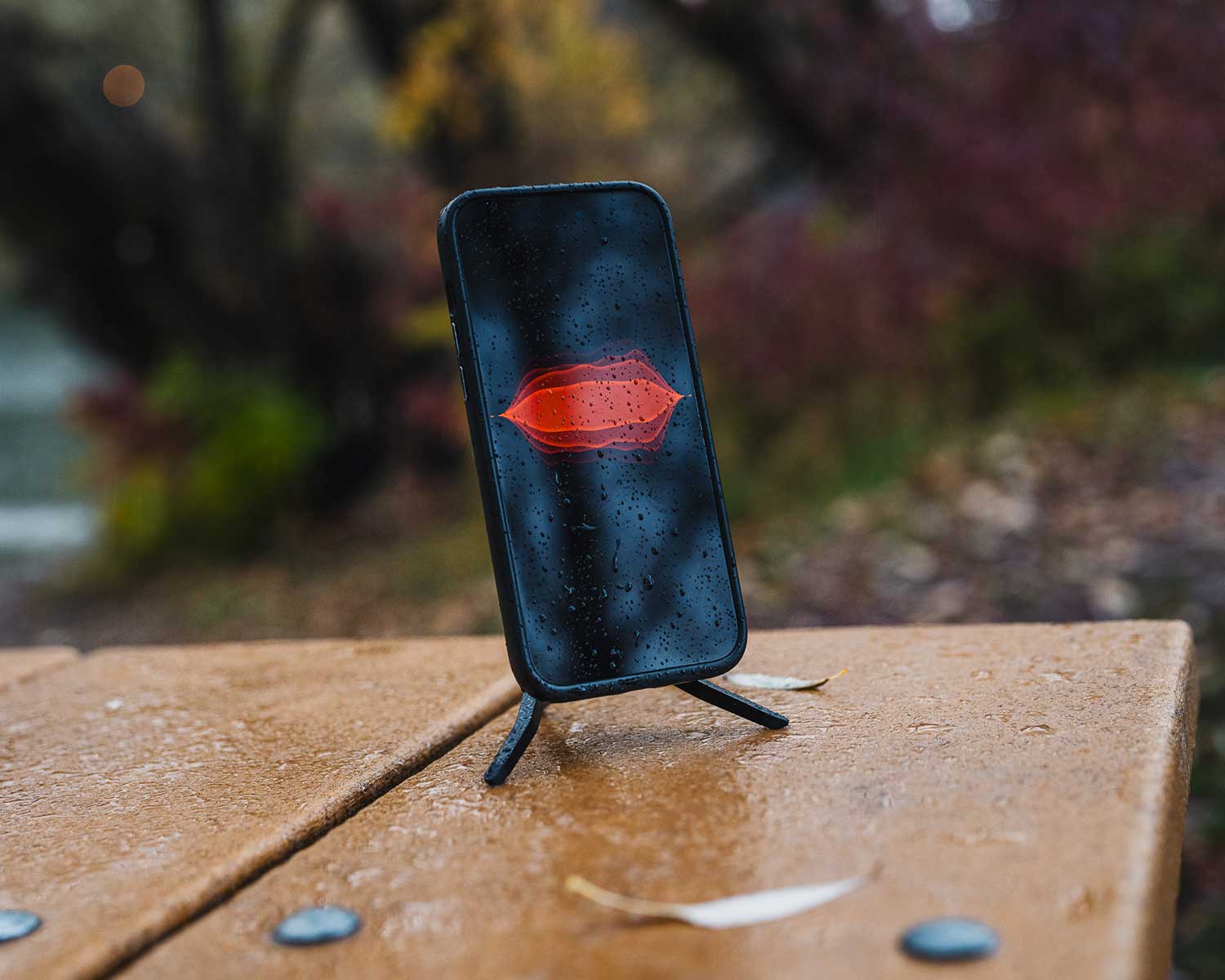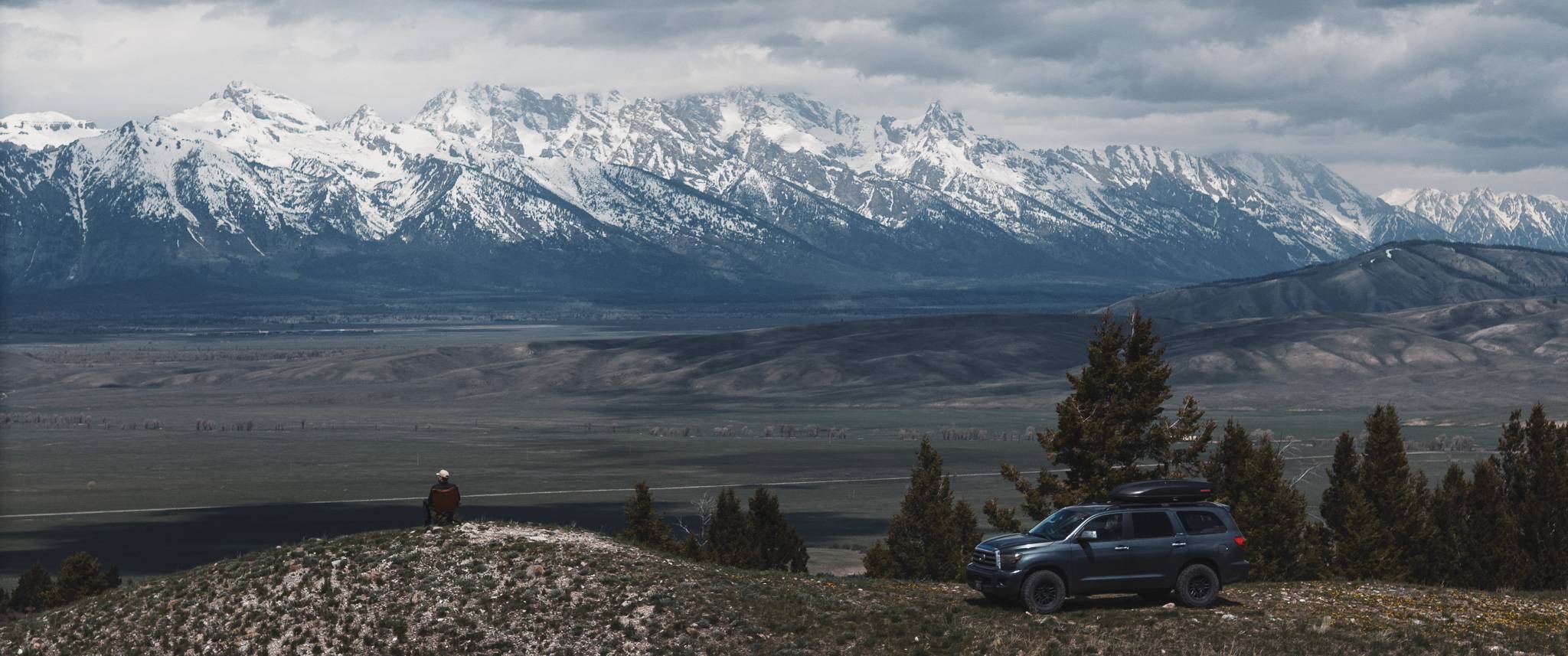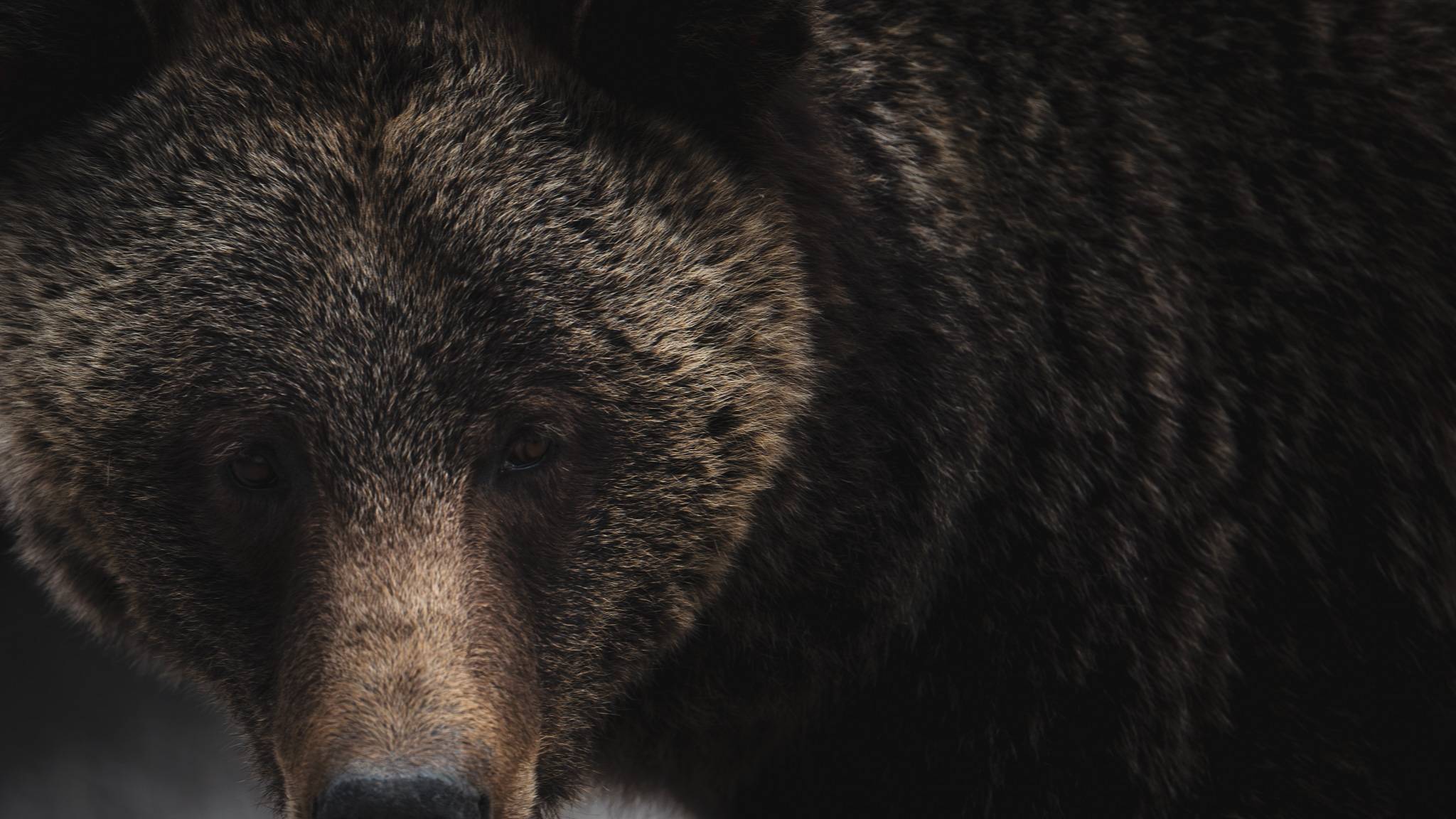We've all been told how important sleep is, yet we feel like we can out-tough all of that, right?
"Burnin the midnight oil"
"Not everyone is as tough as me"
Very FALSE.
Science has officially given me nightmares on this topic.
There is a book called, "Why we sleep" by Mathew Walker, and it's a real wake-up call.
(I'll stop with the puns.)
He's a professor of neuroscience and psychology at Cal-Berkley and has been on a series of podcasts, which I'll include below.
Here are a couple of reasons why you should care:
- A lack of sleep can lower a man's testosterone to someone 10 years older.
- Blood sugar spikes to pre-diabetic levels. That's like gaining 20 lbs of fat.
- A lack of sleep absolutely shortens your life.
- Sleep is directly connected to Alzheimer's
As I read this, there were two key elements that I look to optimize for in my life of travel and deep work.
- Duration (hours)
- Quality (Rapid Eye Movement, or REM).
Since you have subscribed to this newsletter, you likely like to travel. Sadly, we don't get the same quality of sleep in strange environments. This is often on my mind as I sleep in my car out in the wilderness worried about grizzly bears smelling my coffee. No joke.
Duration of 7-9 hours is highly reliant on routine. In my opinion, the biggest waste of time possible is to lie awake. You aren't resting or being productive. It's just a waste of time and creates anxiety and frustration.
We've all been there doing sleep math as we can't fall asleep and know when our alarm goes off.
"If I fall asleep now, I'll get 5.5 hours of sleep, and so on..."
So what do you do?
Control what you can control.
Let's look at 5 things that I think we can all improve.
- Alcohol
- Caffeine
- Exercise
- Screen Time
- Comfort
Alcohol
You may think you sleep better when you have a drink.
Walker says, "you're losing consciousness quicker, but you're not necessarily falling naturalistically asleep any quicker."
This is called sedation, it's not sleep.
We need natural sleep, specifically REM sleep.
REM sleep is overnight therapy and recovery that removes a lot of toxic elements and proteins in your body that lead to Alzheimer's and reduces overall cognition.
In fact, there is a 50% reduction in growth hormone that is released when you have an alcohol-induced sleep.
This can be a single glass of wine.
One alcoholic drink will add about .015% to your bloodstream. It can take up to 10 hours for this to be fully processed out of your body. It can certainly go faster but think twice about that nightcap.
If you want to drink heavily, it gets worse.
Bowling Green broke down heavy drinking for students. If someone quits drinking at 2am and is at a .20% level of drunkenness, it won't be until 4pm the next day that they are fully recovered. That's an entire day of impaired productivity - not to mention the loss of quality sleep.
Caffeine
Even if you have caffeine 6 hours before bed, it can still have a significant impact on your sleep. It can reduce your deep sleep by 20%.
In fact, Walker suggests cutting off caffeine 12-14 hours prior to bedtime.
You might want to rethink that afternoon coffee.
(You can also just order my new decaf and half-caff coffee when it comes out, more on that later. )
Exercise
Exercise is also a big part of sleep.
Let's talk first about quality and how to improve your REM.
According to Walker, High-Intensity Interval Workouts (HIIT) can improve sleep by 26%. Even a mild workout can improve sleep quality by 15%.
Exercise can also help you fall asleep 47% faster.
Just don't do it too late in the evening, or it can have negative effects on your winding down.
Screen Time
We all know that we need to stop scrolling at bedtime. And of course, it's backed by science yet again.
Walker says that if you choose to read your book on a tablet vs a normal paperback book, this can block the release of melatonin by 50%!
It then spikes 3 hours into the night, which means that your day hasn't come to an end until that much later, and you are starting the next morning behind already.
Comfort
Temperature is a big one and Walker says that the ideal temperature is about 63 degrees Fahrenheit. (17 C)
That may seem cold to some, but I sleep pretty well when I'm camping at temperatures as cold as 25 degrees. (-4 C).
Granted, I'm bundled up.
It starts getting cold as we get into the teens and single digits.
The other thing I've optimized for in my SUV is the mattress.
I'm on my 4th version, and I went with a full-on 10-inch spring-loaded mattress.
It's been a game changer for trips that last over a week.
A camping mattress like the one's deepsleep overland makes is a great option if you are a weekend camper, but if you are going part-time or more, I'd go all out.
It's not only important to fall asleep quickly but to stay asleep. All of these things factor into a good night's sleep and a more productive and healthy life that will give you the energy you need to keep a life full of adventure.
Now, get some rest!
Sources
https://www.bgsu.edu/recwell/wellness-connection/alcohol-education/alcohol-metabolism.html
